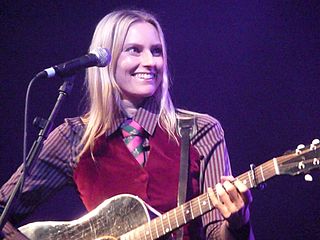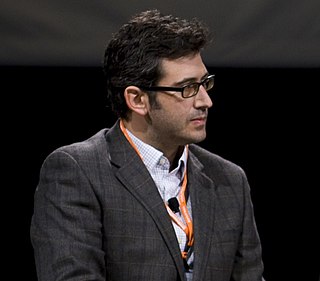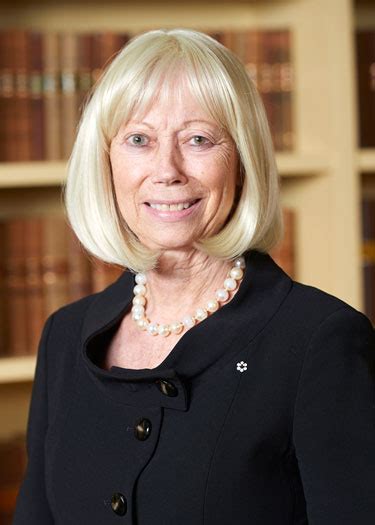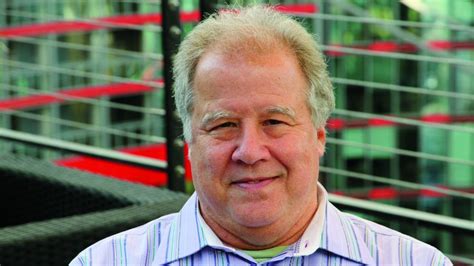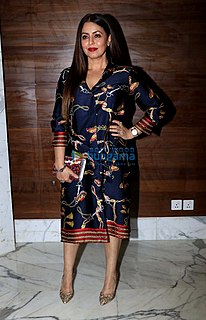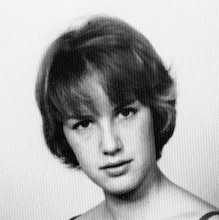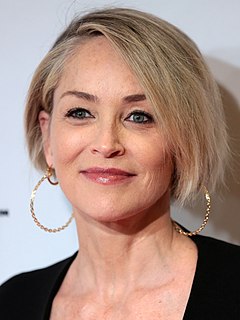A Quote by William Monahan
I had a guy at the Groucho bar clawing at my arm nearly in tears saying that until he saw The Departed he thought Americans were the ones on TV. I didn't know you had accents. I didn't know you had a class system. I didn't know you were like us. To which the answer is, probably only where I grew up, but while we're at it don't watch television and think it's the United States of America.
Related Quotes
Science, the largest religion of the twentieth century, had become tarnished by images of exploding space shuttles, crack babies, and a generation of complacent Americans who allowed the television to raise their children. People were looking for something - I think they just didn't know what. And even though they were once again starting to open their eyes to the world of magic and the arcane that had been with them all the while, they still thought I must be some kind of joke.
It's so Canada. On some level, you laugh, but on another level, it's just depressing. We pride ourselves: We're not like the bad old U.S. where they had segregation, whites-only washrooms and hotels. We think we were the capital of the Underground Railroad, we were the place to where the slaves escaped, we were a much better country. But in fact, some of the black people in Canada at the time said, 'It's actually much easier in the United States because you know which hotels, restaurants, theatres won't let you in because the signs are there. In Canada, you never know.'
I got into television criticism because I thought it would be easier than film criticism. Film, you had to know 100 years of history, and TV you only had to know 40 when I started. And I thought, "Well, that's going to be so much easier." But film stayed pretty much the same. And television has changed so many times that my head hurts. So I made the wrong call there.
'I know,' said Winter, 'but they don't know.' And he went on with a thought he had been having. 'A time-minded people,' he said, 'and the time is nearly up. They think that just because they have only one leader and one head, we are all like that. They know that ten heads lopped off will destroy them, but we are a free people; we have as many heads as we have people, and in a time of need leaders pop up among us like mushrooms.'
I grew up in Africa, in Nigeria. I never knew, I never had any reasonable encounter with football. I saw football on Sky News. I thought there were people dressed like extraterrestrials, you know, like they were going to Mars or something, headgears and shoulder pads. And I wondered why, as a child, why did they have to dress that way.
'Our parents' generation had it a lot tougher than we did. They had to live through the Depression, World War II, and then they had to, you know, try to pick up the pieces of their lives and bring up their children. And, it was a great example for us. I guess we grew up with a certain amount of the ethics our parents had, which is, you know: work hard, make your own way, be independent.
Tessa was convinced that it was a lie, and also that everything she had done in her life, telling herself that it was for the best, had been no more than blind selfishness, generating confusion and mess all around. But who could bear to know which stars were already dead, she thought, blinking up at the night sky; could anybody stand to know they all were?
I got up and saw my face in the mirror and saw the horror. When they did the surgery on me, they took out 67 glass pieces. There were a lot of movies that I had lined up for myself during that time, and I had to let it go. I didn't want people to know because, at that time, people were not that supportive.
You know, also I, you know, I was on those birth control pills and my breasts were like, they hurt... and, you know, it was like they blew up like. You know, they wouldn't fit into any of my dresses. I had to quit taking those birth control pills... This was like - I mean they were like, I thought they should be photographed really... So they were, for immortality. (On being photographed nude playing chess with Marcel Duchamp at Duchamp's 1963 retrospective at the Pasadena Museum of Art.)


